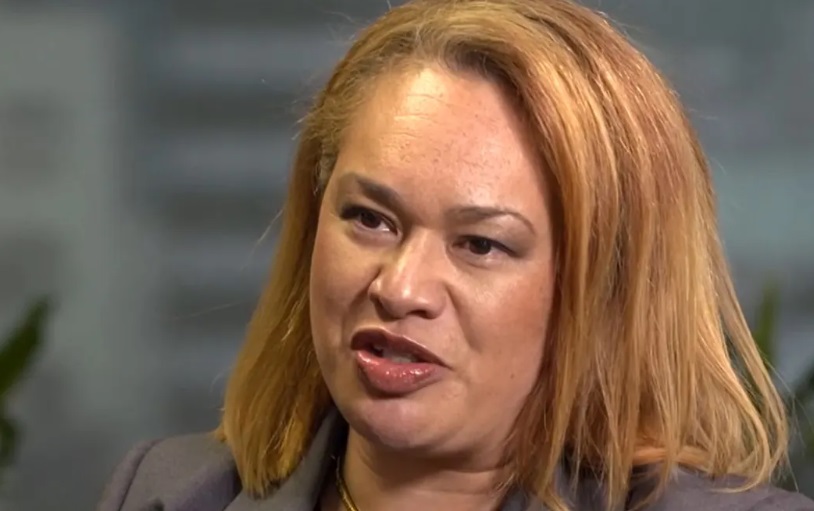
In a testy interview today on TVNZ's Q+A, Jack Tame asked Whanau about her recent comments.
Last week, as she was being interviewed about the cost of living and the dire state of downtown Wellington, Whanau said she had recently sold her car.
"However, I've just sold my car recently to kind of help pay the bills, I walk to work again, my mortgage rates have doubled in the past few years. So I'm feeling the crunch as well, but I also recognise the privilege that I have," she told Newstalk ZB's Wellington Mornings.
The mayor's annual salary has increased to $189,799 following a 3.7 percent pay rise in July. She also won $1.4 million through Lotto in 2002.
She later wound back her comment, telling The New Zealand Herald the car had been sold "a few months ago" and she was now living in a townhouse in the city.
Questioned again about the comments by Tame, Whanau said the issue had been "well canvassed" in recent days, and was a "distraction" from the issues facing Wellington.
She confirmed, however, that she did not sell her car to pay the bills.
"No, I actually didn't. It's a shame, because it was taken out of context. It was an hour-long interview - you get a bit relaxed."
The main reason for the sale, she said, was because Wellington was a walkable city.
"I don't need a car, living in the city centre."
Whanau said the comments had been "blown out of proportion" and remonstrated with Tame as he continued his line of questioning.
"Do we really think the public need to know about the reason why I sold my car?
"I answered a question and I think how it's generated six, seven different headlines is a distraction from the real issues of Wellington city."
Asked if she had misled people with the comments, she denied this, saying she had been "very generous" with her time during the Newstalk ZB interview and it had been an "offhand comment".
Tame asked her if she could win the local body elections in 2025. It would be "really hard", but she thought she had a good chance.
"Yes I know it's tough, yes we've had to increase rates but that's due to the level of underinvestment we've had the previous decades."
The region was having to deal with a number of costly issues, including water infrastructure, public transport and earthquake-prone buildings, she said.
"It is expensive, but ... this is the worst it's going to get. The rates will start to decrease over time, and I hope that people see that if you want your city to keep transforming into a modern city, I promise to keep that plan going."
It would be "disastrous" to cut rates and cancel major projects, she said.
"When you pause ... big, transformational projects, they end up escalating in cost, and you end up with a crumbling city. That is not what I want."













